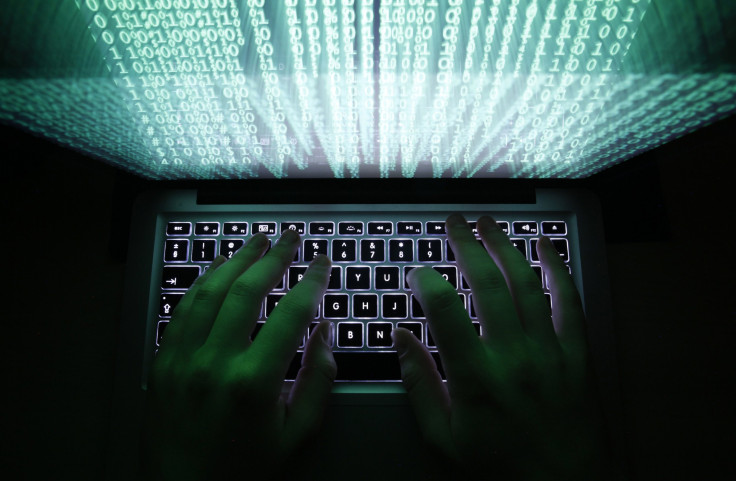Anonymous Hacker Exposes, Burns Nearly 1,000 BTC Addresses As Russian Security Agencies' Assets
A mysterious hacker may have used the Bitcoin blockchain against Russia when they exposed almost 1,000 addresses allegedly held by various Russian government agencies and burned the crypto assets in the said wallets.
"Weeks before the Russian invasion of Ukraine, an anonymous person or group sounded the alarm and called out nearly 1,000 Bitcoin addresses they claim belong to Russian security agencies," cryptocurrency tracing firm Chainalysis said in a Thursday tweet, which was deleted later.
The unknown person/group identified the 986 wallets allegedly controlled by various Russian government security agencies by taking advantage of a feature in the Bitcoin blockchain that documents transactions.
The hacker, who posted messages in Russian, accused the wallets of involvement in hacking activities and alleged that they are controlled by Russia's Foreign Military Intelligence Agency (GRU), Foreign Intelligence Service (SVR), and Federal Security Service (FSB), among others.
Chainalysis confirmed in a now-deleted blog post that at least three of the alleged Russian wallet addresses have been previously linked to Russia. A couple of these addresses were linked to the SolarWinds attack while the third address was used to pay for the servers used in the disinformation campaigns during Russia's 2016 election.
SolarWinds attack was a massive supply chain cyber attack in early 2020 that compromised over 18,000 of the American company's customers' systems and networks, including that of departments of health, treasury, and state.
The crypto tracking firm also noted that the mysterious hacker burned more than $300,000 worth of Bitcoin. Russian government agencies mentioned by the hacker have not yet released any official statement related to the issue.
The hacker's claims remain uncertain as of now but it drew conspiracy theories and speculations online, with some believing that the individual was able to take control of the crypto wallets probably due to hacking or an inside job.
"The fact that the OP_RETURN sender was both willing and able to burn hundreds of thousands of dollars' worth of bitcoin in order to spread their message makes it more likely in our opinion that their information is accurate," Chainalysis said in a press release.
The crypto tracking firm also noted that from a security standpoint, if the hacker's claims are true, the crypto addresses and the assets they held are most likely off the table.
It is worth noting that the activities happened before Russia invaded Ukraine in February 2022. The mysterious hacker reportedly stopped making the inscriptions when Russia started its so-called "military exercise" in Ukraine. Later, the hacker resumed their activity by sending Russian-linked Bitcoin to addresses campaigning for Ukrainian aid.
Russia's invasion of Ukraine ushered in the birth of cyber activists and cyber activism pioneered by the decentralized international activist and hacktivist collective and movement Anonymous and later by other groups like Team OneFist.

© Copyright IBTimes 2025. All rights reserved.






















